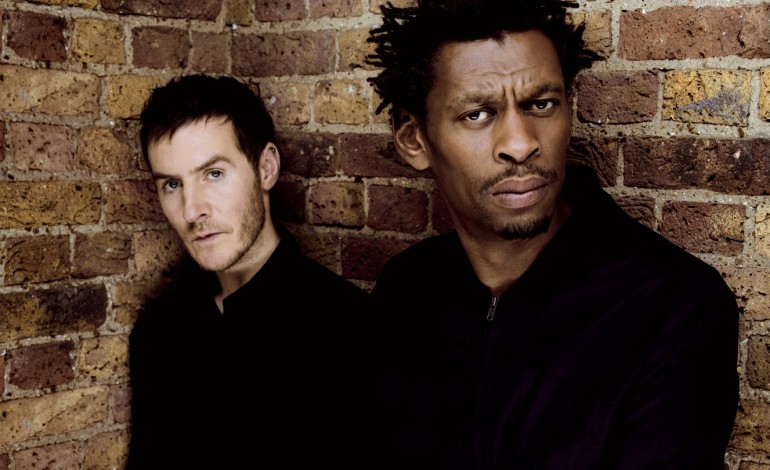
Massive Attack is set to perform their first UK show in five years this weekend in Bristol, in a concert which aims to be the lowest-carbon event of its kind and scale, setting a new standard for the live music industry. Joining them are Killer Mike, Lankum, Sam Morton, and the Wild Bunch’s DJ Milo.
The concert is designed to minimize its environmental impact in several innovative ways. All food served at the event will be vegan, and all toilets will be compostable. The band has also arranged for electric vans to transport large batteries around the site, ensuring a sustainable power supply. Perhaps the most significant change is the absence of a car park. Instead, the 34,000 attendees are encouraged to walk, cycle, or use public transport, including five special trains arranged to take people back across the southwest at the end of the night. Organisers are also offering discounted tickets for local residents.
The band has been vocal about the need for climate action within the music sector. In a recent interview with the BBC, Robert ‘3D’ Del Naja emphasised the importance of this initiative. “This experiment, by its very virtue of being here, is hopefully going to create some activity,” he said. “And it’s a sector which has a lot to say about climate change, but unfortunately it’s not doing much about it.”
Bandmate Grant ‘Daddy G’ Marshall echoed these sentiments to the BBC, highlighting the simplicity and necessity of their mission. “There’s only one planet, and we’ve got to try and save it. Everybody knows what’s going on, and if we can do our bit to try and save something for the future, then it seems like a no-brainer,” he said.
Massive Attack, formed in 1988 in Bristol, is a pioneering trip-hop band known for hits like “Unfinished Sympathy” and “Teardrop.” The group originally included Robert “3D” Del Naja, Grant “Daddy G” Marshall, and Andrew “Mushroom” Vowles. The group is known for its vocal stances on a range of social issues, including speaking out against recent far right riots in the UK. Now, the novel gig concept will build on Massive Attack’s history of commitment to sustainability in the live performance industry. Five years ago, the band commissioned the Tyndall Centre for Climate Change Research to create a roadmap for “super low carbon live music”.
Despite the extensive planning and logistical changes, the band hopes that fans will experience the concert as a typical Massive Attack show. “If it goes according to plan, it will just feel like a normal gig to most people,” Del Naja told the BBC. “No one will know the difference; they will come to the gig, it will rain, there will be great music, it will be a visual spectacle, they’ll leave and they’re happy.”
